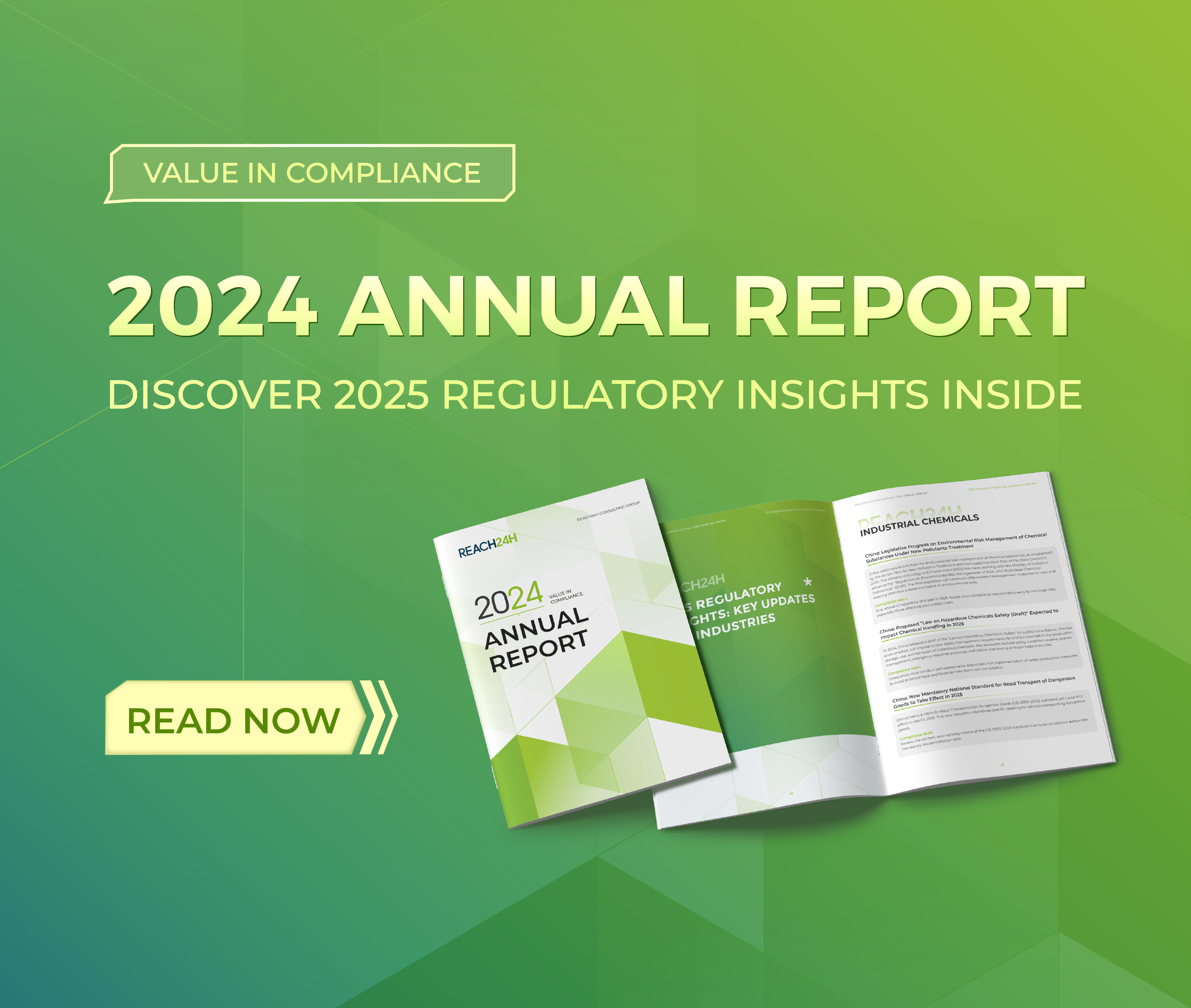Case Study on China’s Hazardous Chemicals Registration: Emergency Phone Number
Let’s take a look at the legislative dating back on this issue. In version 2002, only HC producers were required to register an emergency consulting telephone number (Article 14) and offer product users necessary assistance and technical instruction for fear of a chemical accident (Article 19). Yet the old version did not virtually forbid the emergency consulting service commissioned by a market entity, as the Article 17 stated that the registrant should also submit the emergency service contract if he has consigned the service to a “relevant” agency, but there was no clear provision demanding that a “relevant agency” should be attached to authorized registration offices.
This situation, however, has substantially changed in the new 2012 version. Article 22 of SAWS Order 53 now makes clear that HC producers who are unable to provide emergency response by phone shall appoint a qualified “registration authority” instead. By the “registration authority”, it refers to two general types of official authorities than manage the registration work: the local registration offices set under province-level work safety departments and the National Registration Center for Chemicals (NRCC) of SAWS (Article 5 and 8). So in this legal context, only official registration authorities will be grant the green light to offer emergency service on behalf of registrant companies.
To further support the workability of emergency agency service, SAWS Order 53 declares some essential criteria for registration authorities qualified to offer the emergency consulting service. These include:
1) a fixed-line telephone with professional phone support in 24 hours a day;
2) an emergency rescue procedure database for hazardous chemicals;
3) online digital recording devices and at least eight professional recipients;
4) the capability of offering at least three emergency response phone calls simultaneously and
5) the professionalism to consult accurately on emergency issues such as chemical leakage, fire, explosion, poisoning, etc.
With regard to those registrants who wish to leave their own emergency telephone numbers, new rules indicate that they shall at least satisfy the first point in the above paragraph and must be able to give accurate advices on the concerned chemical hazards and emergency rescue techniques based on the registration content listed on the registration form.
What about registrants in the type of HC importers? According still to Article 22 of version 2012, if you are planning the registration as a HC importer, you can choose to establish your own emergency phone service, entrust one of your import agents with a fixed-line 24-hour professional phone response, or resort to a qualified local registration authority. Meanwhile it is a mandatory obligation for you to mark that number on the chemical (precautionary) labels of your imported HC products.
In conclusion, policy adjustment on the obligation of emergency phone consulting as well as its agency service has indeed undergone vital changes that are sure to affect a majority of registrants. We recommend the obliged registrants take cautious efforts to evaluate your own and/or commissioned emergency consulting capacities against the new law and organize in steps an overall hazard risk profile for your produced or imported products.


